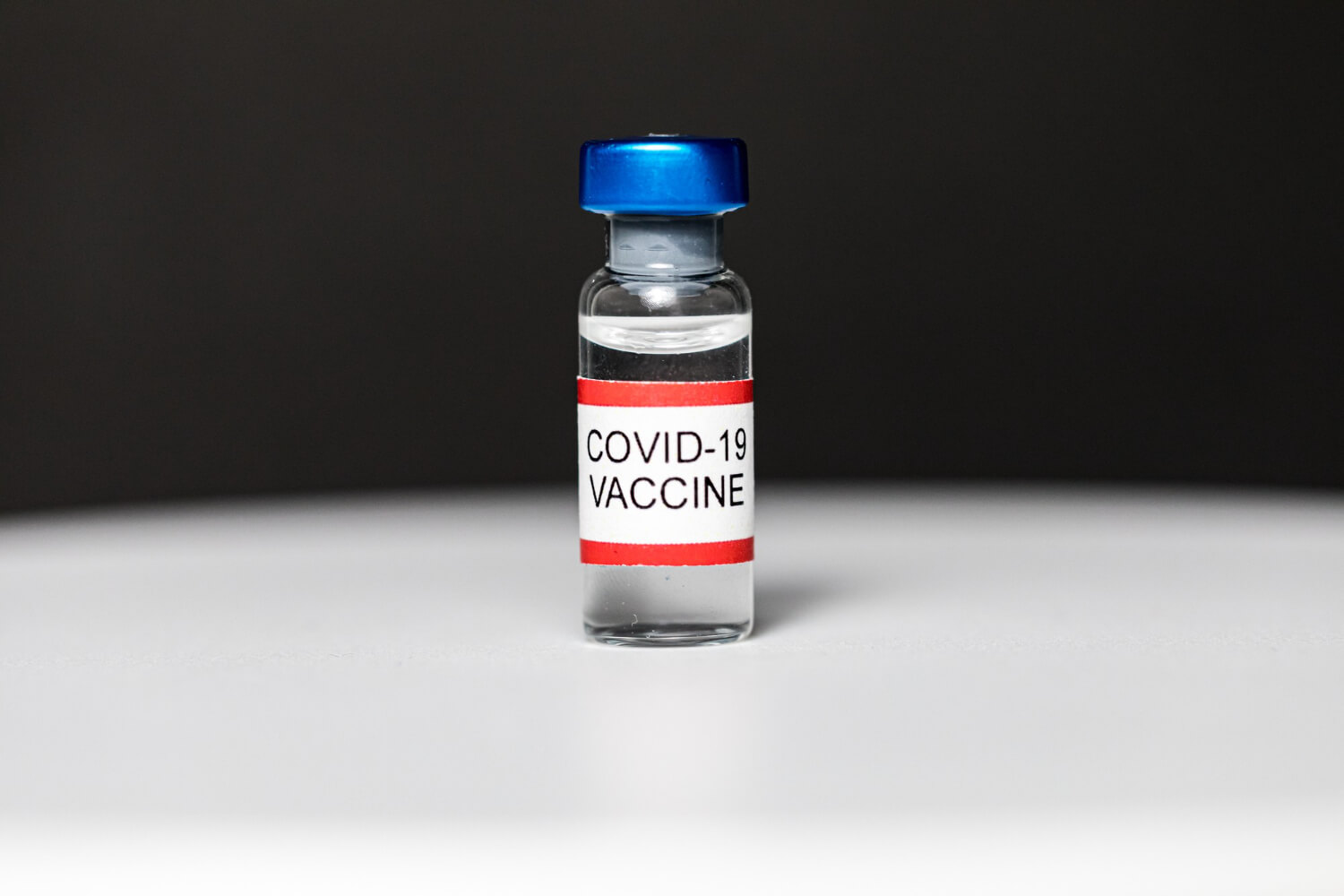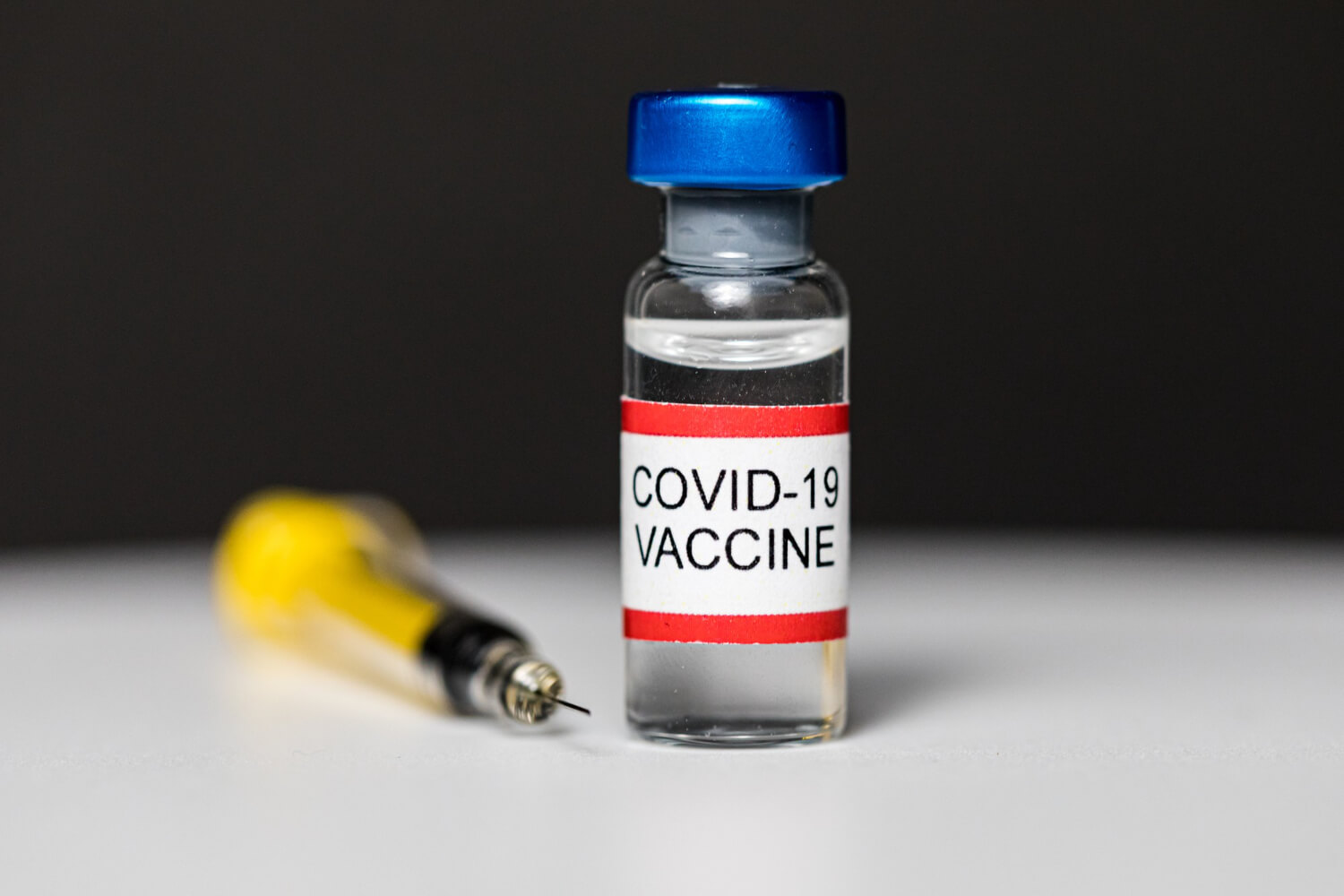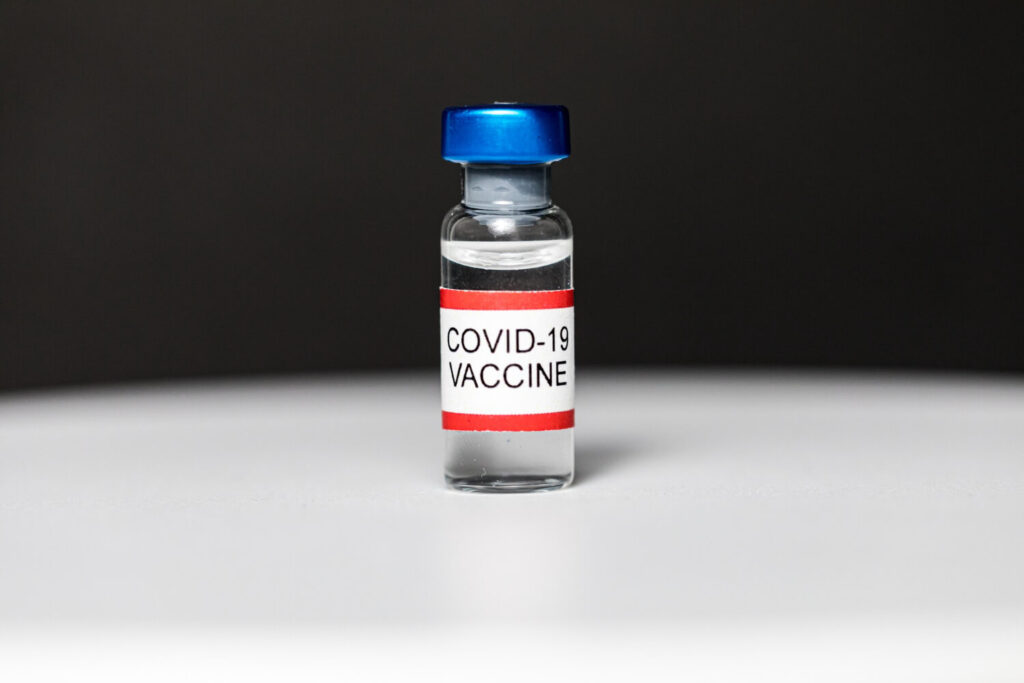In recent years, Pfizer Inc., a pharmaceutical giant, has made headlines for its challenging business decisions that have resulted in numerous layoffs. However, the method in which these layoffs have been announced has sparked a new controversy. A recent livestream event, held to communicate these job cuts, has resulted in a wave of criticism from employees and social media users alike. This post aims to delve into the history of Pfizer’s layoffs, the recent livestream announcement, and the social media backlash that ensued.
History Of Pfizer Layoffs
Pfizer has had a turbulent history with employee layoffs. This began in 2009, when the company merged with Wyeth, which led to approximately 19,500 workers losing their jobs globally. Fast forward to 2023, Pfizer made further cuts, shutting down several sites in the United States and reducing staff in other locations. The trend continued into January 2024, with Pfizer announcing its plan to cut 285 jobs in New York, with more layoffs projected at a South San Francisco site. These layoff decisions, while difficult, are a part of Pfizer’s strategy to adapt to market changes, streamline operations, and manage costs.
The Livestream Announcement
The recent Pfizer layoffs announcement grabbed headlines, not because of the layoffs themselves, but due to the method in which they were communicated. The decision to announce the layoffs via a livestream left many employees disgruntled, with criticisms targeting the executives’ casual demeanour.

Pfizer’s goal of saving approximately $3.5 billion over the next few years, in response to the slowdown of COVID-19 vaccine sales, has prompted these layoffs. However, the company has yet to disclose the exact number of affected employees, causing further unrest.
Social Media Backlash On Pfizer Layoffs Livestream
The Pfizer layoffs livestream has stirred a considerable uproar on social media platforms. Initially, Pfizer’s declaration of needing to cut $3.5 billion from its expenditure due to dwindling COVID-19 vaccine sales caused concern. Then, the news of the layoffs being announced via a livestream, with the company failing to disclose the number of layoffs, caused further tension. Screenshots from the livestream shared on social media showed employees’ discomfort with the delivery of the announcement.
Critics noted the executives’ relaxed, even jovial, demeanour, accusing them of lacking empathy in such a serious matter. This incident has sparked a broader discussion regarding the appropriate way of announcing layoffs, underlining the importance of sensitivity during such announcements.
Expected Savings From The Layoffs For Pfizer
Pfizer is set to make big savings through its layoffs and efforts to cut costs. At first, the company aimed to save $3.5 billion by the end of 2024, with $1 billion of that coming in 2023 and the rest in 2024. But then, Pfizer raised its goal to $4 billion, adding an extra $500 million to the savings target. They also plan to cut another $1.5 billion in costs over the next few years, hoping to achieve these savings by the end of 2027.
However, Pfizer expects to face one-time costs of around $1.7 billion, mostly this year, linked to things like severance pay and making the layoffs happen. These savings are part of Pfizer’s bigger plan to control spending and adjust its costs because of changes in the market, especially with COVID-19 product sales going down. The Pfizer layoffs livestream certainly got people talking about the company’s cost-cutting measures and their potential effects on the industry.
Impact Of Pfizer Layoffs On The Workforce
Pfizer’s layoffs have a big impact on both its employees and the company itself. First off, they can really affect how employees feel about their jobs, making them uncertain and less motivated. Plus, losing experienced workers means losing important knowledge that helps the company run smoothly and come up with new ideas. The layoffs also mean there are fewer people working for Pfizer, with some locations even closing down.

This can save money in the long run, but it also costs money upfront because Pfizer has to pay severance to the people losing their jobs. And, how Pfizer handles these layoffs, like announcing them in a livestream, can change how people see the company and affect its reputation. Moreover, Pfizer might have a harder time hiring new people in the future because potential employees might worry about job security.
Despite all this, Pfizer says it’s working to make sure everyone gets fair pay and opportunities, as shown in their yearly pay equity study. These layoffs are all part of Pfizer’s plan to control spending and adjust its costs because of changes in the market.
Current Status Of Pfizer
Pfizer’s COVID-19 vaccine, now called Comirnaty, has been approved by the FDA for people aged 16 and above. In early 2022, Pfizer saw a significant increase in revenue, with sales booming due to the vaccine. However, as COVID-19 vaccinations slowed down in 2023, Pfizer’s sales dropped to $58 billion. The FDA is keeping up with updates on mRNA COVID-19 vaccines, aiming to improve protection against new variants and severe outcomes like hospitalization and death.
Pfizer also wrapped up a major COVID-19 vaccine trial that started in 2020 and ended in early 2021, meeting all its goals. This gives a glimpse into Pfizer’s current activities and how it’s faring financially. With the Pfizer layoffs livestream attracting attention, it’s crucial to stay informed about the company’s ongoing developments and financial health.
Conclusion
Pfizer’s recent announcement of job cuts through a livestream caused a lot of upset. While the company needs to save money due to changes in the market, the way they told employees about the layoffs upset many. People on social media criticized Pfizer’s executives for not being serious enough about it. Despite the expected money savings from the layoffs, Pfizer faces other problems. Employees might feel less happy and motivated, and the company might lose important knowledge from experienced workers leaving.
Plus, the way Pfizer handled the layoffs might affect how people see the company. But Pfizer is still working hard, especially with its COVID-19 vaccine, which got FDA approval. Although vaccine sales slowed down, Pfizer is still trying to make it better and wrap up important trials. As Pfizer continues its journey, it’s important to keep an eye on how it adapts to changes and how it treats its employees.

